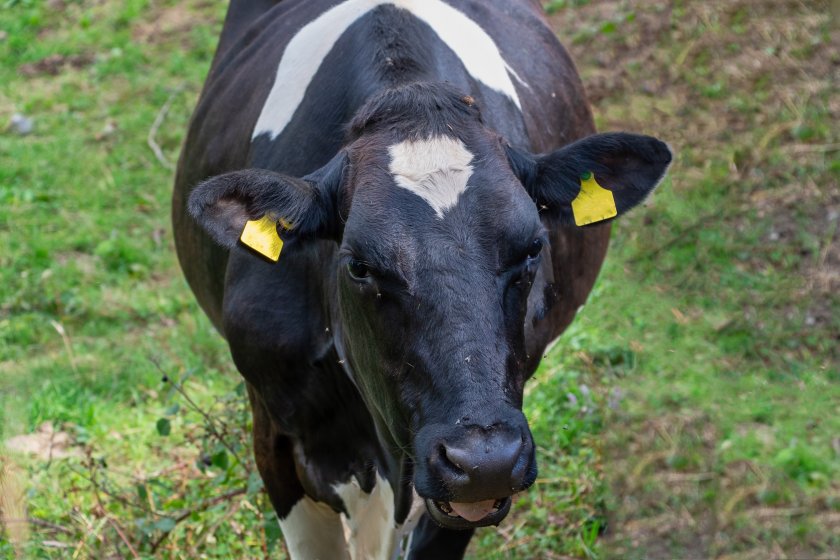
Temporary Control Zones (TCZs) set up in Kent and Norfolk to curb the spread of bluetongue will be lifted next week, Defra has confirmed.
From Monday 19 February, the Kent and Norfolk TCZs will end, but positive high-risk animals will remain under restriction.
Premises in the zones which have not yet been sampled will also remain under restriction, Defra said on Friday (16 February).
There have been 106 bluetongue cases in England on 59 premises in three counties, Kent, Norfolk and Suffolk, since mid-November 2023.
However, Defra said is still no evidence that bluetongue virus is currently circulating in midges in Britain.
Due to a decrease in temperature, it said that midge activity is much lower with midges - the disease vector - not actively feeding.
Low temperatures also mean that the virus cannot replicate in the midge, so even if a midge does feed on an infected animal, the risk of transmission to another animal is very low. This is called a low vector period.
In a statement, Defra said: "Considering current environmental and vector conditions, we have taken the decision not to cull infected animals where test results indicate older infection and the presence of BTV antibodies.
"Infected animals may still be restricted at their current locations and other disease mitigation measures taken as appropriate.
"Surveillance of susceptible animals and epidemiological assessments will continue. We will keep the situation under review."
The last outbreak of bluetongue in the UK was in 2007, meaning it had been officially free of the virus since 2011.
Bluetongue does not pose a threat to human health or food safety, but the disease can affect livestock reducing farm productivity.
Aled Edwards, of the Animal and Plant Health Agency said: “The current environmental and vector conditions mean that the TCZs can soon be lifted, and where there is no risk of disease spreading, farmers will be able to resume movements of animals.
"Where there is a known disease risk, or unknown risk status, APHA will contact these premises directly to restrict specific animals within the premises.
“APHA teams will continue to work closely with farmers to ensure that keepers and businesses are kept up to date, and that questions and concerns are addressed promptly.”
BTV is a notifiable disease, which means suspicion of it must be reported to the Animal and Plant Health Agency on 03000 200 301.
